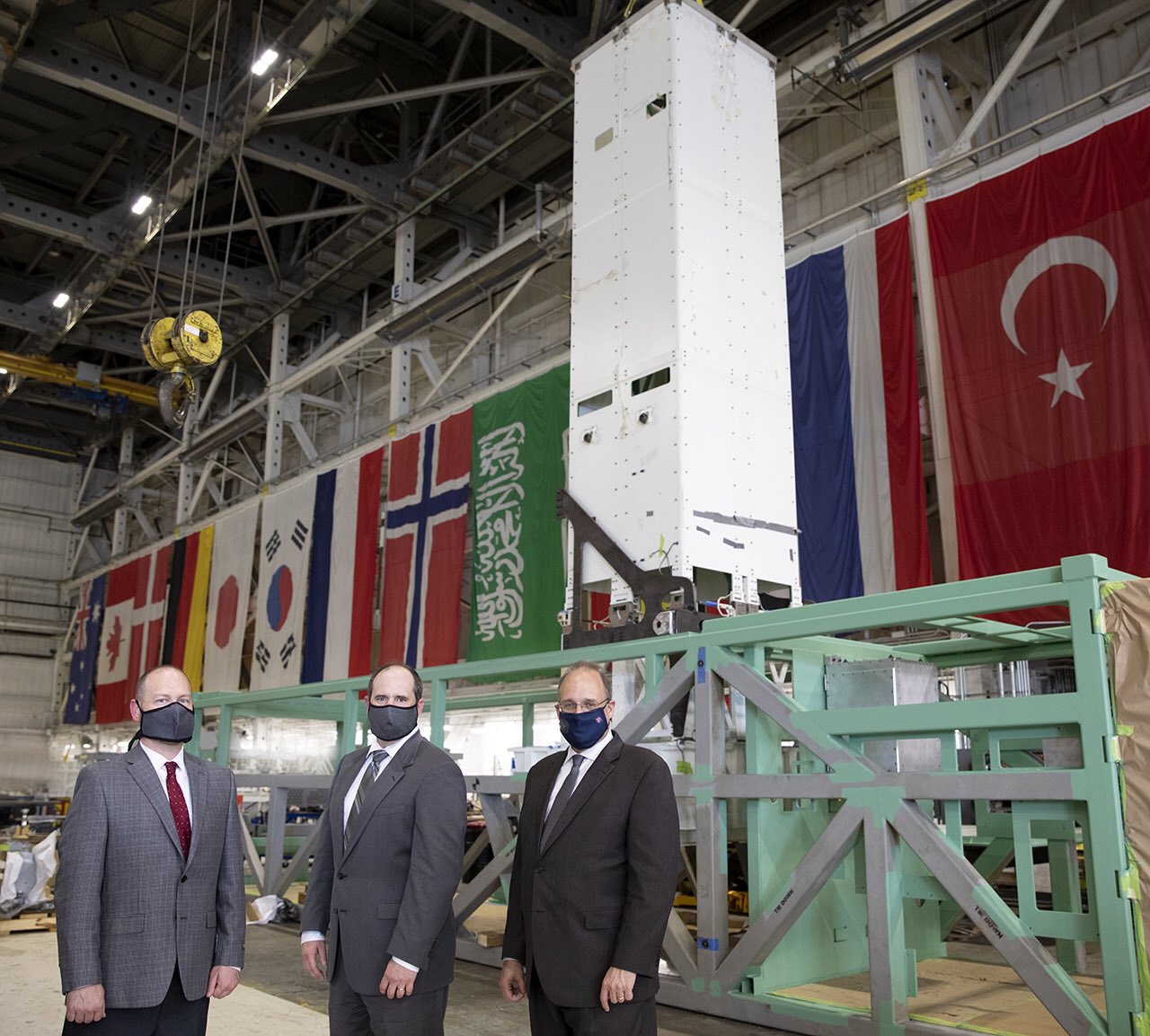The U.S. Department of Defense is aiming to start producing a ground-launched system for holding and firing cruise missiles on mobile platforms, such as wheeled trucks and containers.
During the visit of U.S. Special Presidential Envoy for Arms Control Marshall S. Billingslea with the Strategic Capabilities Office to Lockheed Martin facility was displayed new conventionally configured ground-launched cruise missile system.
“This will help ensure the U.S. and our allies in Europe & Asia are able to defend against aggression,” said Billingslea.
Last year, the U.S. Marine Corps says it needs Tomahawk ground-launched missiles that can seek out and eliminate enemy ships sailing in contested waterways and for strikes against targets on land.
“That means the Marine Corps assumes a role which we have not had in the past 20 years, which is how do we contribute to sea control and sea denial,” Marine Corps Commandant Gen. David Berger told the Senate Armed Services Committee.
The U.S. moves are aimed at countering China and Russia’s overwhelming advantage in land-based cruise and ballistic missiles. The Pentagon also intends to dial back China’s lead in what strategists refer to as the “range war.”
In August 2019, Pentagon has conducted the first flight test of a long-range, ground-launched cruise missile.
“On Aug. 18, at 2:30 p.m. Pacific Daylight Time, the Defense Department conducted a flight test of a conventionally configured ground-launched cruise missile at San Nicolas Island, Calif,” said in the announcement.
The test missile exited its ground mobile launcher and accurately impacted its target after more than 500 kilometers of flight.

Good visit to @LockheedMartin with the Strategic Capabilities Office to see critical new capabilities under rapid development. This will help ensure the U.S. and our allies in Europe & Asia are able to defend against aggression #PeaceThroughStrength pic.twitter.com/NDz2dffwCr
— Ambassador Marshall S. Billingslea (@USArmsControl) August 14, 2020
The U.S. Department of Defense is aiming to start producing a ground-launched system for holding and firing cruise missiles on mobile platforms, such as wheeled trucks and containers. During the visit of U.S. Special Presidential Envoy for Arms Control Marshall S. Billingslea with the Strategic Capabilities Office to Lockheed Martin facility was displayed new conventionally
